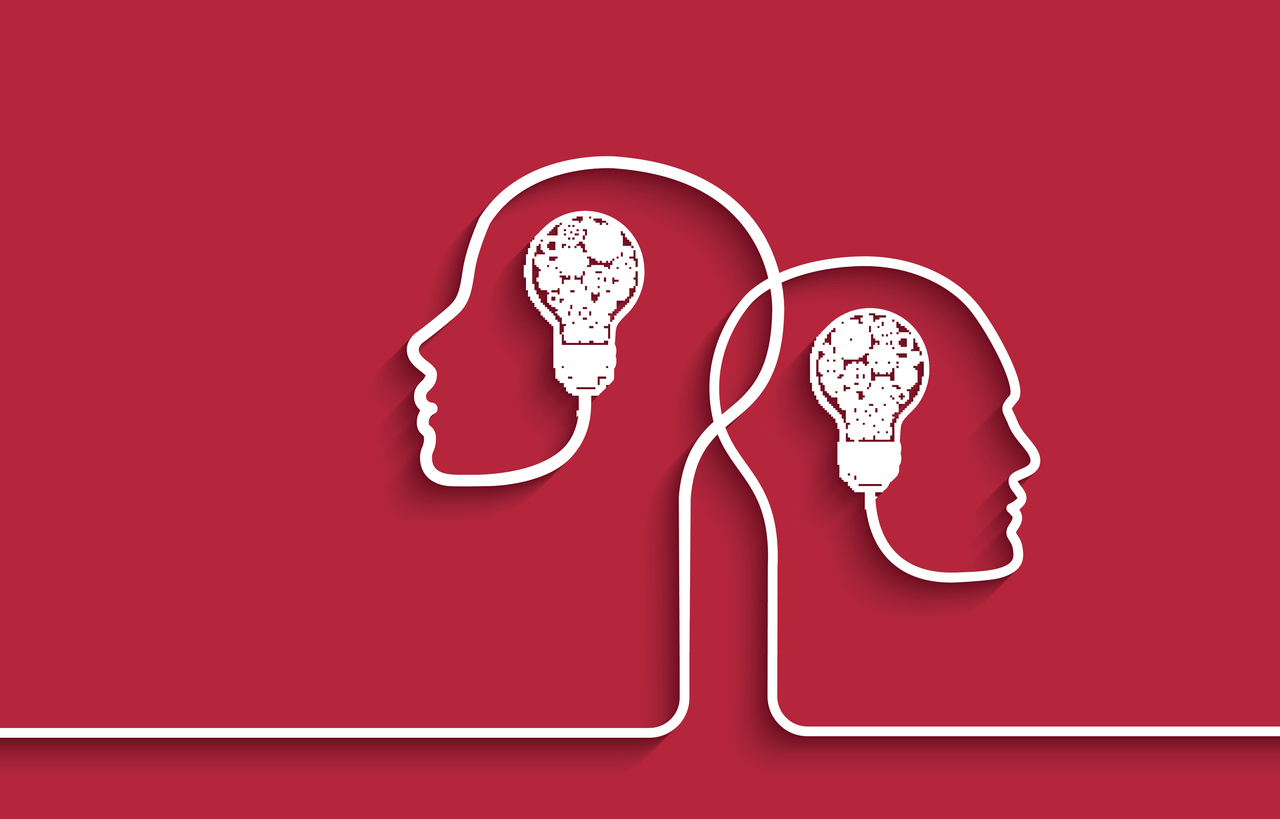At the Library
I grew into several life-threatening food allergies when I was 19 years old, and learning to manage these allergies has been challenging. Let me tell you a story. I was spending an afternoon in a local library studying for an upcoming university exam and I decided to refuel at the library café. I ordered an iced cappuccino and after drinking a few sips, I could feel something was wrong. I could feel my throat beginning to swell and I began to feel dizzy. I looked to the café and realized that the same blender that was used to make my cappuccino was also being used to make fruit smoothies. Among the long list of allergies that I grew into are raw fruits and raw vegetables.
 I was having another reaction. My throat continued to close, I felt more faint, and I was starting to have trouble breathing.
I was having another reaction. My throat continued to close, I felt more faint, and I was starting to have trouble breathing.
I grabbed my backpack and took out the medications I bring everywhere with me: antihistamines and my EpiPen®. I took the antihistamines, but I was hesitant to take my EpiPen®. I gathered my things, quickly got to my car, and drove to a nearby hospital. I parked my car in the emergency department (ED) parking lot and waited.
I couldn’t swallow, I was having trouble breathing, and I felt really nauseous. I made a deal with myself: if at any time this reaction gets worse, I’ll take my EpiPen®, and go into the ED.
My symptoms remained unchanged for the next half hour, and
then began to resolve over the next few hours.
Looking back, I was extremely lucky.
Double-dose
Now, another story. I was helping move some furniture at a friend’s house two summers ago. After we finished lifting the last bookcase, his father brought us both a glass of wine. After one sip I felt strange. My typical symptoms occurred (throat swelling, difficulty breathing, dizziness, and extreme nausea) but this time they came on like a freight train. I ran to get my EpiPen® and immediately administered it to the outside of my right thigh. Then I took an antihistamine. We alerted 911 and sat on the couch. Minutes after my first EpiPen®, my throat completely closed off. Even as I write this right now, I become very emotional. Those were some very tense minutes that felt like an eternity. My friend’s father was calmly instructing 911 what was happening, and my friend administered a second EpiPen® to my left leg. I was still gasping for air and my swollen throat would not let any air in. The fire fighters burst through the door. I felt a little air pass into my lungs – the second EpiPen® was working. I am so thankful that I did what I did, and that my friend and his family knew what to do too. They saved my life.
In my first story I didn’t take my EpiPen® and I am well aware how lucky I was in that situation. I have had 12 anaphylactic reactions in the past seven years, and in some circumstances, I chose not to take my EpiPen®. In retrospect, I wish I had used it every time. So, why didn’t I? Here are some common themes that I’ve noticed about my decisions:
- This one won’t be serious, right?
I have had 12 allergic reactions in the past and most of the time I use my EpiPen®. I have never had what’s called a “biphasic” reaction, I have never needed a breathing tube in the emergency department, I have never been admitted to the hospital for my allergies, and before the reaction at my friend’s house, I have never stopped breathing completely. So, why would I have serious complications during this allergic reaction?
- Guilt
When I administer my EpiPen®, I call 911, go to the hospital, and receive care from nurses and doctors. Usually, by the time I get to the hospital I am stabilizing, I am able to breathe without difficulty, and the swelling in my throat decreases. In the emergency department I look around and see some really sick patients – elderly patients, infants, and those who are not as fortunate as I to be recovering. I feel very guilty that I am taking up a bed. I don’t deserve this.
- Costly
The ambulance in Ontario will cost a patient under 65 years-of-age $45, and replacement EpiPens® can cost over $100 if you do not have insurance.
- Waste of time
 After using an EpiPen® and calling 911, patients are routinely kept in the ED for 4 hours to see if they will have a biphasic reaction. This is how long it takes the epinephrine to wear off. So after the reaction, the ride to the hospital, and the ride home, at least 6 hours have gone by and it’s often more time than I can afford to give up.
After using an EpiPen® and calling 911, patients are routinely kept in the ED for 4 hours to see if they will have a biphasic reaction. This is how long it takes the epinephrine to wear off. So after the reaction, the ride to the hospital, and the ride home, at least 6 hours have gone by and it’s often more time than I can afford to give up.
It’s important to understand the difference between the medications that can help us during an allergic reaction. An EpiPen® contains the medication epinephrine (also called adrenaline). Benadryl® and other over the counter allergy medications are commonly referred to as antihistamines. The medication in Benadryl® is called diphenhydramine. It’s not necessarily useful to remember these long names, but it can be important to understand how these medications work in order to avoid making the mistake that I have made – choosing not to take my EpiPen®. Epinephrine does the job of an antihistamine but it helps in more ways, and it works much faster with stronger effects. It is always the medication of choice for life-threatening allergic reactions.
I have to be honest, there is one important reason why I chose not to take my EpiPen® that I haven’t told you yet. Whether we’ve had one happen to us, watched a friend have one, or heard the story of a friend’s reaction, anaphylactic reactions are terrifying.

It’s actually happening…
Sometimes, in the early stages of an allergic reaction, it may be tricky to discern if what is happening actually is a reaction. In a situation where I may not be sure whether I am having a reaction, I used to feel that by administering my EpiPen®, I was confirming that this was, in-fact, a reaction. When people are presented with bad news, a well-known coping mechanism involves going through the Kubler-Ross stages of grieving (https://en.wikipedia.org/wiki/K%C3%BCbler-Ross_model):
Denial, anger, bargaining, depression, and acceptance.
The bad news I was presented with was, “Fraser, you’re having an anaphylactic reaction.” By not administering myself my EpiPen® I was dealing with this bad news by denying it. I have coped with the news of an allergic reaction with other stages in the past as well. When I drove myself from the library and waited in the emergency room parking lot, I was bargaining with myself: “Okay, I’ll wait here and take an antihistamine deal?”. I know it can be difficult to do, but the safest and most effective way to deal with an allergic reaction is to skip right to acceptance.
If my body had reacted more rapidly while I was in the library, I may not have made it to the hospital safely due to the way I handled the reaction. In short, in the future, I will always use my EpiPen®. Unsure? EpiPen®. Scared? EpiPen®. It is impossible to predict how one’s body will react to the same allergen an additional time, so basing what might happen based on my history of reactions is not a good idea. Financial cost and a short stay in the emergency department should never influence my decision to take care of myself. Allergies, whether we like them or not, may be part of our lives and they are of no fault of our own. Accepting them as a part of what makes us special can be difficult, but once this is done, it makes the challenge of having allergies much more manageable.
– Fraser K.
Tags: Anaphylaxis, Anxiety, Epinephrine, Fear, Fraser K, Guilt